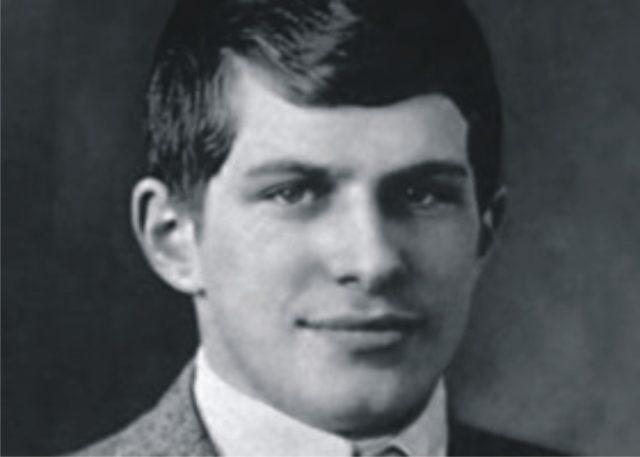Intelligence is one of those things that you can’t exactly put a number to, although there are certain ways to do just that through IQ tests and such. Although an IQ test is one way to identify how smart a person is, we can also gather that through their life’s achievements and contributions.
The following is a list of 13 people who are known to have been really smart. It’s not a ranking or a definitive list, but these are some of the people who have made a big impact in heir chosen fields of work and made history.

1. Leonardo da Vinci
Many people know Leonardo da Vinci to be an incredible painter and the artist behind the iconic Mona Lisa, but something that’s lesser known about him is that he was also extremely smart. With an IQ estimated around 200, he was also a scientist, mathematician, inventor and biologist. Diaries found after his death also indicate many scientific musings that were way beyond his years.

2. Philip Emeagwali
Nigerian computer scientist Philip Emeagwali is best known for developing the supercomputer. He is known as one of the best African scientists of all time. Emeagwali is one of the most prominent black figures in the US, where he moved to purse his education and has lived ever since.
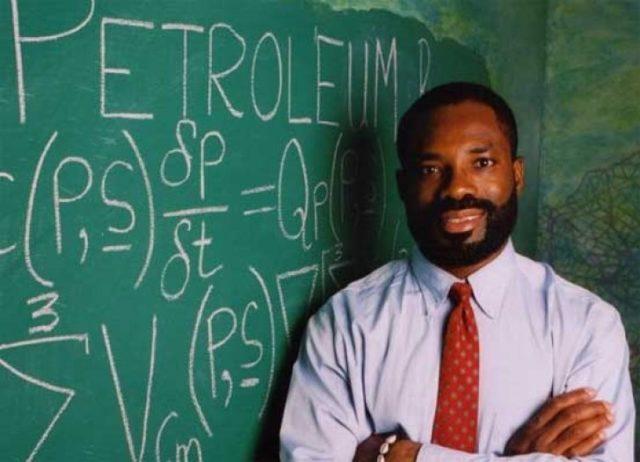
3. Marie Curie
Marie Curie isn’t just one of the most intelligent people in the world, but also one of the first women to break through cultural norms at the time. She was the first women to win a Nobel prize and the first person to win two (for physics and chemistry)! She was also the first female to teach at the Sorbonne University in France. Her work in the field of radioactivity has been invaluable.
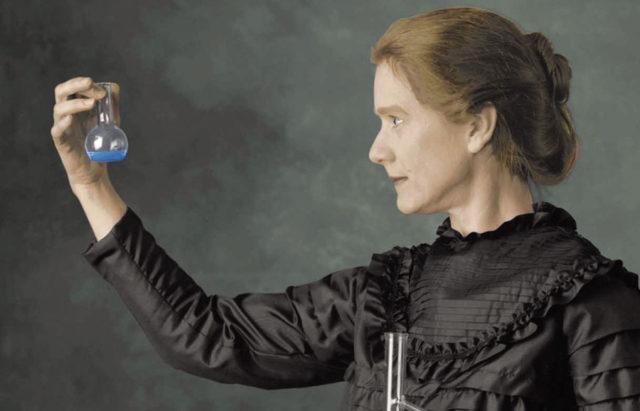
4. Sir Isaac Newton
Sir Isaac Newton’s might be most well known for getting hit on the head by a falling apple and “discovering” gravity (which didn’t exactly happen the way people think it did), but he was also the man behind so many more scientific breakthroughs. He had an IQ of 193, and his book Philosophiæ Naturalis Principia Mathematica has been used as the scientific basis for advancements of over 300 hundred years.
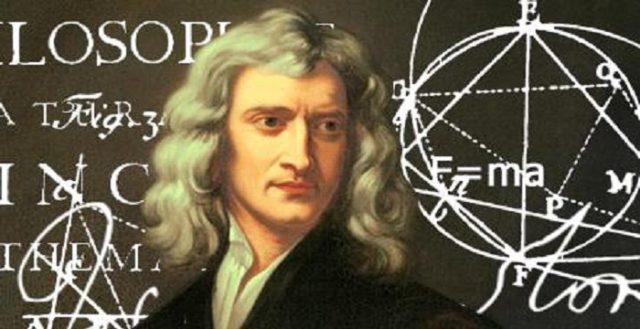
5. Srinivasa Ramanujan
Indian mathematician Srinivasa Ramanujan was born in 1887 and has been estimated to have had an IQ of 185. His contributions to mathematics in subjects like number theory, infinite series and continued fractions were incredible. But the most astonishing part is that he didn’t even have a formal education in math!
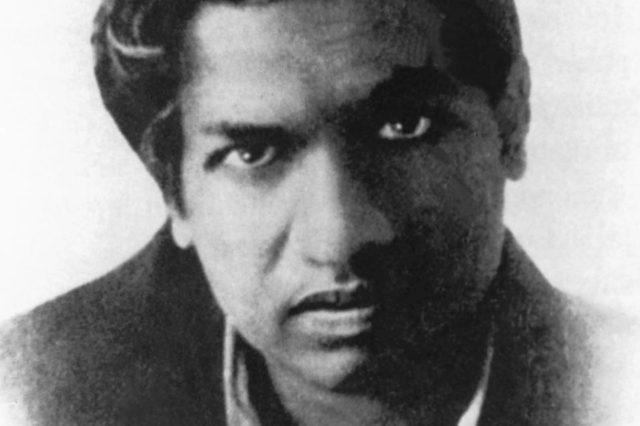
6. Galileo Galilei
Galileo was an Italian astronomer, mathematician, and philosopher. His contributions to world of science and astronomy have been immense, including the laws of motion and the discovery of four of the largest moons of Jupiter.

7. Marilyn Vos Savant
One of the most intelligent females in history is Marilyn Vos Savant. In 1986, she was named by the Guinness book of World Records as the person with the highest IQ at the age of 10 with a score of 228. She went on to become an author and columnist for Parade magazine where she solved incredibly difficult puzzles of all subjects.

8. Kim Ung-Yong
South Korean civil Engineer Kim Ung-Yong was named by the Guinness book of World Records as one of the smartest people in the world for his IQ of 210. Ung-Yong was also incredibly smart as child, speaking for the first time when he was only 4 months old! At age 3 he could speak 4 languages fluently, and at 4 he had already written two books. He moved to the US at age 5 to study and then worked at NASA for almost 10 years.

9. Cleopatra
Many people know the Egyptian pharaoh Cleopatra to have been one of the most beautiful women in the world, but a lesser known fact about her is that she was also extremely intelligent. She was estimated to have an IQ of 180 and spoke 5 languages fluently.

10. Alan Turing
Whatever device you’re reading this on – laptop, smartphone, tablet – you have Alan Turing to thank for it! Born in 1912, Alan Turning was an English computer scientist. His most famous contributions include cracking the “Enigma” encryption machine, which help defeat the Nazis. His mathematical work is also know for providing the basis for modern computers, and allocating a benchmark for artificial intelligence – even today!
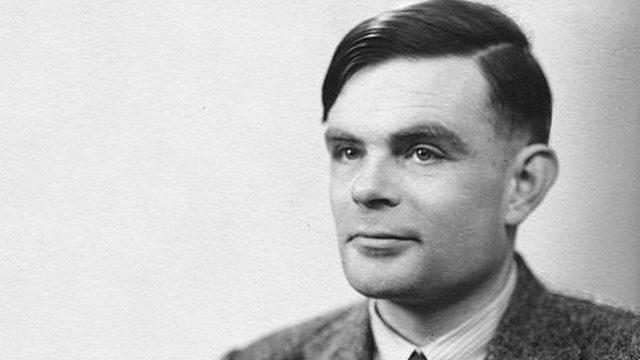
11. Stephen Hawking
The English theoretical physicist is considered by many as the most intelligent man alive today. His contributions in the world of science, most specifically his theory of the big bang and black holes are what he is most well-known for. He has also collaborated on works regarding general relativity, cosmology, gravitational theory and more.

12. Albert Einstein
Today “Einstein” is a word synonymous to intelligence and it’s not just because the man was just a little smart – Albert Einstein is arguably the most intelligent person to ever live. The German physicist has made many groundbreaking contributions to science.
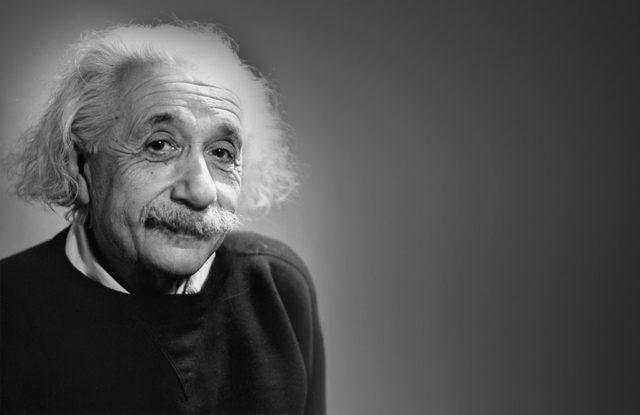
13. William James Sidis
Born in 1898, he was a child prodigy and the man known to have the highest IQ ever recorded (250-300_. He entered Harvard at the age of 11 as the youngest student at the time and is reported to have spoken around 40 languages. Sadly, this genius left this world at the age of 40 when his landlord found him dead after being unsuccessful in his adult life.
